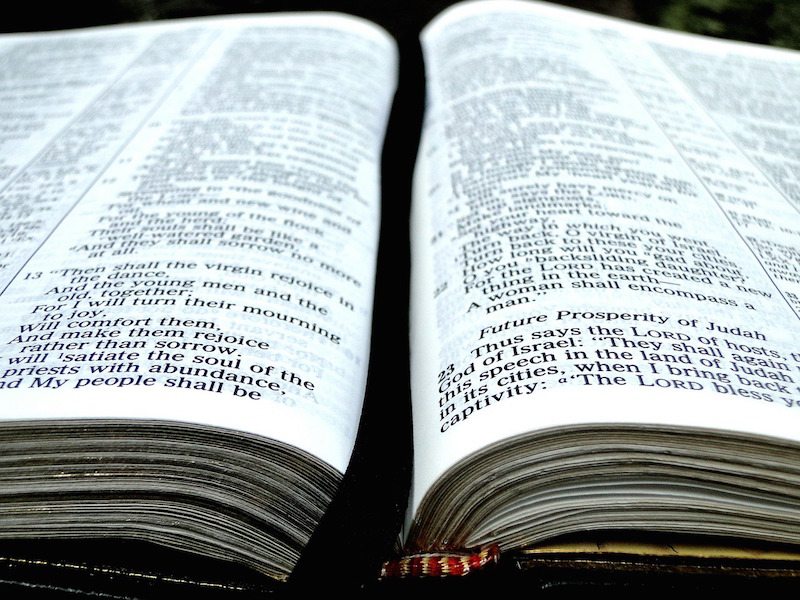Regarding the “Perspicuity of Scripture” – February 28th, 2019
I have seen the continuous and recurring argument for the “perspicuity of scriptures,” stating that they (the scriptures) are simple enough that they (the one reading them) can come to an accurate understanding of truth contained therein. Yet, one only has to look around and see that such a statement is not proven historically, or even currently within the shattered milieu of mainline and “commercialized” Christianity,
If indeed there was a perspicuity inherent in Holy writ, then whence comes the divisions by way of denominations within the Christian faith? How is it two or three (and even more) can read the same verses, and come to yet different conclusions and interpretations, each of them claiming the inspiration and authority of the Holy Spirit. So, is God divided? Is God a liar? Is one correct their reading and the other two in danger of blaspheming the Holy Spirit by their falsity of association of a lie with the Truth?
What if they are all wrong? What happens when one man’s {or many’s} interpretations stands opposed to over a thousand years of catholicity and teaching within the orthodox Christian faith; over a thousand years of commonly accepted teaching and understanding of the same? Is such a man not arrogant to think that his reading is somehow correct when men far holier than he or I, men who spoke the language in which the scriptures were written; men who lived the culture in which the scriptures were written and understood; men who compiled the selfsame scriptures into the corpus we have today? Is not one who places his own teaching above such as these building his own pillar and foundation upon which he stands, teaching his own truth?
Truth does not change.
The following is a quote from the Patriarch Dositheus of Jerusalem, in 1672, written in response to some of Calvin’s false claims and attributions of writings from other early Church fathers.
Response to question 2
“If the Divine Scriptures were plain to all Christians that read them, the Lord would not have commanded such as desired to obtain salvation to search them; {John 5:39} and Paul would have said without reason that God had placed the gift of teaching in the Church; {1 Corinthians 13:28} and Peter would not have said of the Epistles of Paul that they contained some things hard to be understood. {2 Peter 3:16} It is evident, therefore, that the Scriptures are very profound, and their sense lofty; and that they need learned and divine men to search out their true meaning, and a sense that is right, and agreeable to all Scripture, and to its author the Holy Spirit.
Certainly, those that are regenerated [in Baptism] must know the faith concerning the Trinity, the incarnation of the Son of God, His passion, resurrection, and ascension into the heavens. Yet what concerns regeneration and judgment — for which many have not hesitated to die — it is not necessary, indeed impossible, for them to know what the Holy Spirit has made apparent only to those who are disciplined in wisdom and holiness.”

